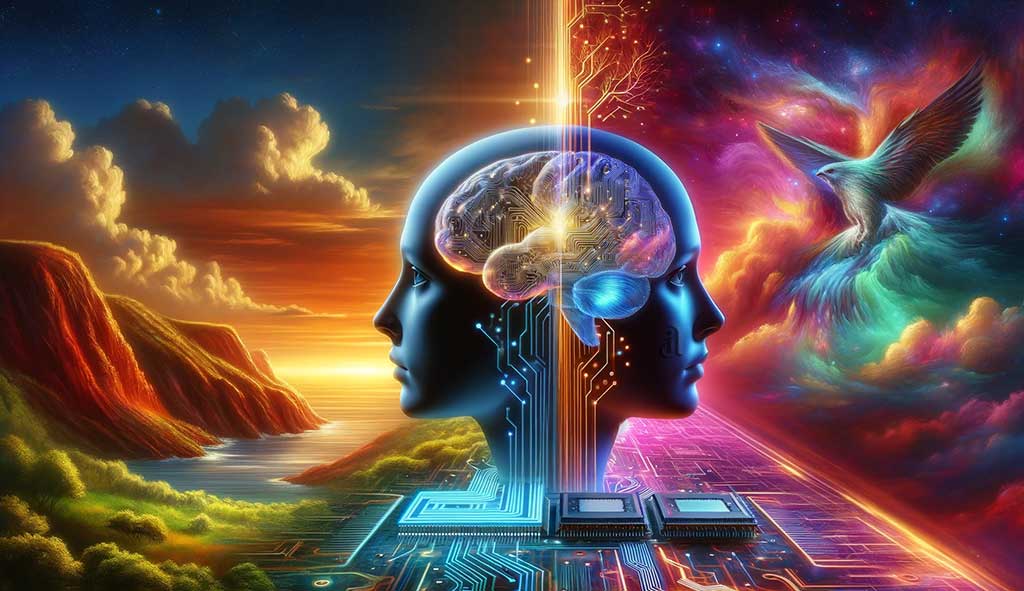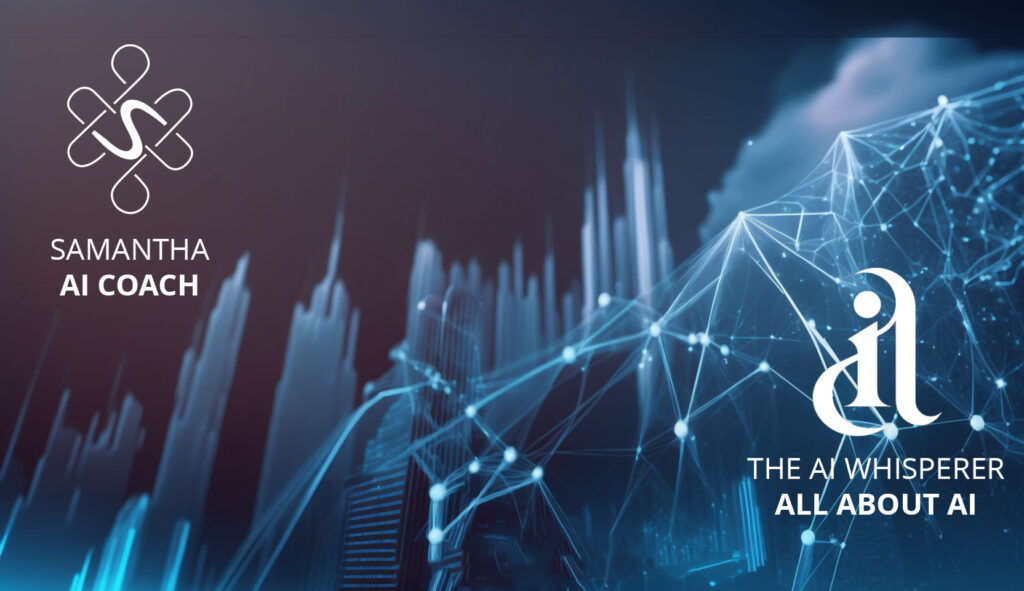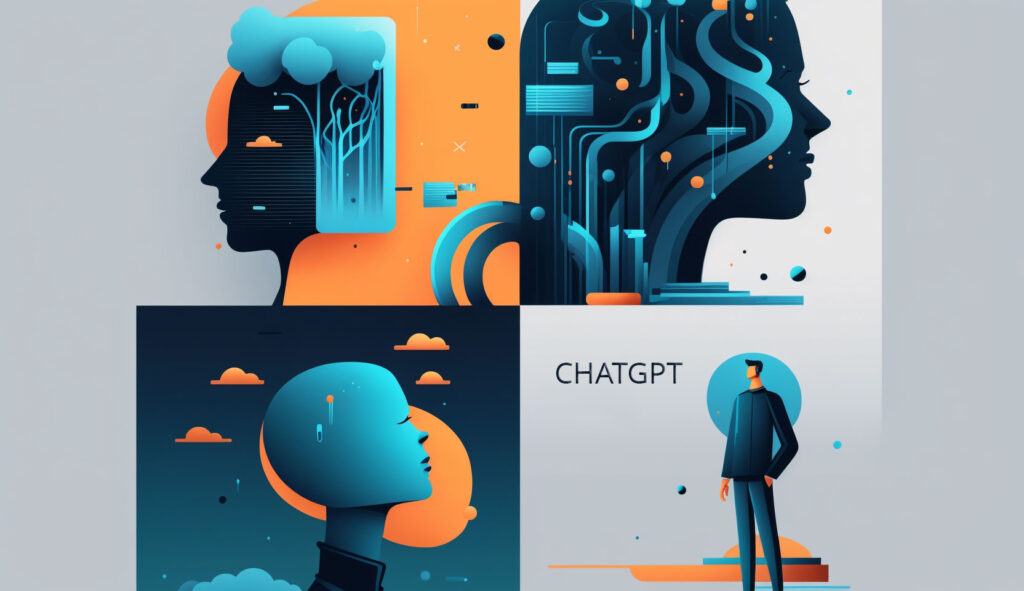In our inexorable march towards the next frontier of artificial intelligence, a new study from the tech titan Google serves up a slice of humble pie. These scholars are tapping the brakes on the idea of AI superiority, suggesting that while machines are smart, they don’t quite measure up to human intelligence.
The study we’re diving into has a mouthful of a title—“Pretraining Data Mixtures Enable Narrow Model Selection Capabilities in Transformer Models.” And like the title, the paper is densely packed with insights into the burgeoning brains of transformer models—the AI wunderkinds behind much of today’s language processing magic.
Looking Under the Hood: AI’s Impressive, Yet Fine-Tuned Abilities
Let’s break this down with a pinch of simplicity. Imagine an AI as a gourmet chef trained exclusively with Italian cuisine—pasta, pizza, gelato, you name it. When it’s time to whip up a classic lasagna, it’s all hands on deck! But when suddenly tasked with crafting sushi, there’s a bit of a scramble. This AI chef shows prowess with the familiar (tasks existing within its training) but is all thumbs with the unfamiliar (unexpected challenges unrelated to its expertise).
Google’s study suggests that AI, for all its strides in learning on the fly (a nifty trick called in-context learning), still heavily leans on its ‘book smarts’—the training data it’s been chomping down on since day one.
The Human Spark: A Light AI Can’t Catch
Humans, we’re a different recipe altogether. We have this uncanny knack for weaving together fragments of everything we’ve learned—an idea from here, a memory from there—to tackle brand new puzzles. Our AI counterparts? Not quite there. The Google study casts a spotlight on AI’s challenges with tasks that veer away from what they’ve seen before. It’s our reminder that AI apprentices still have a lot to learn from their human mentors.
The Great Human-AI Cooking Show: Data is the Key Ingredient
Here’s the kicker: AI’s success in learning something new with little guidance (what we call ‘few-shot learning’) boils down to which recipes it has in its cookbook. And more often than not, this versatility is less about an inherent ability to generalize and more about the blend of training data it was prepped with.
The Nonpareil Nature of Humanity
In this digital age, where AI’s capabilities glisten with possibility, it’s important to remember that there’s a human hand behind every robotic achievement. The study from Google is a not-so-gentle nudge that while AI can memorize the entirety of the cookbook, it can’t taste the nuances of the cuisine—the spark of human intuition and imagination remains unrivaled.
As we collaborate with AI to navigate the cosmos of data and discovery, let’s cherish that unique human touch. While AI’s advances are impressive, it is, at its core, a reflection of our collective knowledge and creativity. And that, my friends, is the artistry AI cannot yet capture


